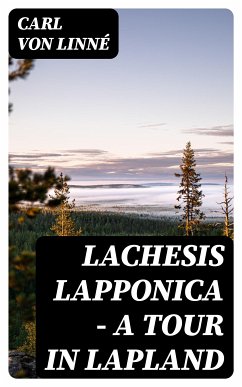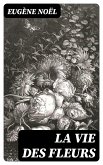In "Lachesis Lapponica - A Tour in Lapland," Carl von Linné invites readers on a fascinating expedition through the Scandinavian wilderness, blending meticulous scientific observation with elegant prose. Published in 1732, this seminal work is emblematic of the Enlightenment's spirit of inquiry and exemplifies Linné's revolutionary approach to taxonomy and natural history. The narrative is interlaced with lyrical descriptions of the landscape, flora, and fauna, revealing the harmonious relationship between nature and science, while also reflecting the era's burgeoning interest in exploration and cataloging the natural world. Carl von Linné, a Swedish botanist and physician, is often hailed as the father of modern taxonomy. His systematic classification of plants and animals laid the groundwork for biological nomenclature that we use today. Driven by a desire to understand and categorize the natural world, Linné embarked on his journey to Lapland not only to study its unique ecosystem but also to engage with its indigenous Sámi culture. His experiences in Lapland enriched his scientific pursuits and influenced his later works. "Lachesis Lapponica" is an essential read for anyone interested in natural history, botany, or explorations of the 18th century. Linné's engaging narrative style and profound insights into the interconnections of ecology and culture make this work a remarkable contribution to literature and science alike. Readers will find themselves not only educated but also inspired by the intricacies of nature, as expressed through Linné's keen observations.
Dieser Download kann aus rechtlichen Gründen nur mit Rechnungsadresse in A, B, BG, CY, CZ, D, DK, EW, E, FIN, F, GR, H, IRL, I, LT, L, LR, M, NL, PL, P, R, S, SLO, SK ausgeliefert werden.









